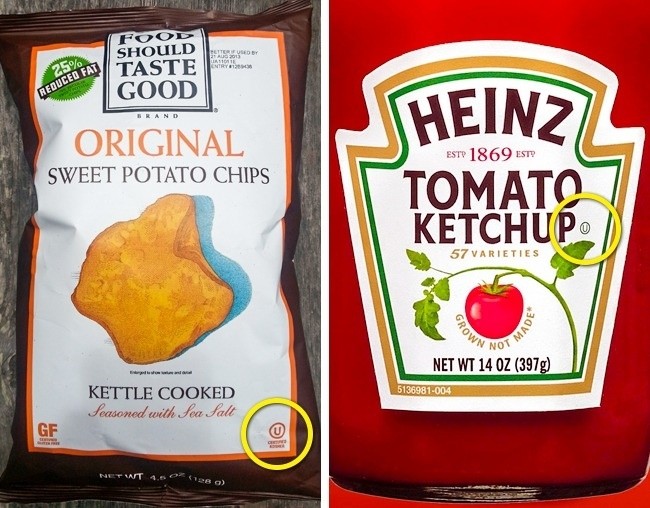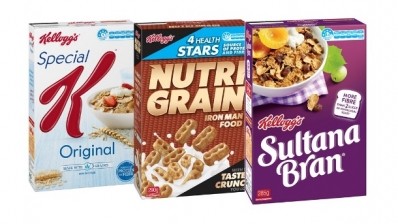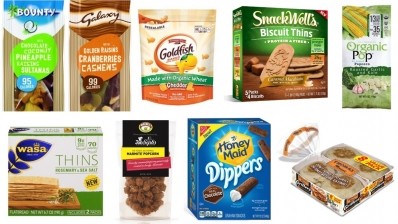Clean label fuelling Kosher certified bakery and snacks growth: OU Kosher

OU Kosher is one of the world’s largest kosher certification agencies, and has worked with several major CPG manufacturers, including General Mills, Kraft, Nabisco and Nestlé.
The company has certified several hundreds of bakery and snack products, which together represent 15% of its overall client base.
“For each bakery item we certify, we must certify the raw material and ingredient chain that go into that item,” said Genack.
“Therefore, we’ll certify more industrial products that serve as ingredients in the actual bakery or snack goods than we will [with] industrial snack products themselves.”
The certifying process
According to Genack, the kosher certifying process starts with an application that gives OU Kosher the basic information it needs to perform an initial audit of the factory, as well as an ingredient analysis.
“For each bakery item we certify, we must certify the raw material and ingredient chain that go into that item.”
“Once certification has been granted, our inspectors continue to make unannounced visits to the factory,” he added. “The company has an online account where they can update the ingredient or product lists to allow for an ongoing kosher program with minimum distractions.”
Genack noted there are no nutrition requirements for kosher certification, however, many companies have their products manufactured in a kosher plant that produces kosher certified products for several companies.
“It is always easiest if a factory is entirely kosher, but we do have clients who produce kosher products in a non-kosher facility,” Genack said. In that case, those facilities “will require a kosher sanitization prior to the kosher production.”
Kosher vegetable oil
The biggest challenge that bakery and snack companies faced in the past was using animal-based oils.
“Almost all animal-based oils on the market are not kosher,” he said. “Much of the industry [has now] moved away from animal oils. The fact that we certify so many vegetable oils allows for a much easier certification.”
Globalization of the food chain
Genack said the kosher market tends to follow the general food market. “As we have seen the growth in the globalization of the food chain, so OU Kosher’s client base has grown along with it.
“In addition, as the world becomes smaller and foods from more exotic locations become popular, we are receiving more enquiries for products like Turkish Delight, Russian marshmallow and Japanese mocha ice cream.
“We [see] chewing gum being the next likely big hit for the OU,” he said.



















